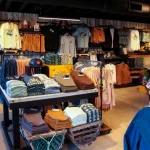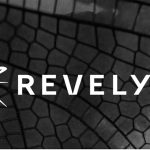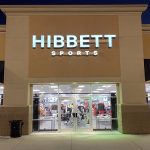The National Football League next week will ask the U.S. Supreme Court for a broader shield from antitrust lawsuits, one that would let teams act as a group in marketing their logos and trademarks. The court will hear arguments over the league's exclusive agreement with Adidas's Reebok subsidiary to sell hats, jerseys and all clothing with team logos.
The Supreme Court will decide whether the National Football League should be considered as a single entity or as separate businesses when defending against antitrust claims, according to the Los Angeles Times.
Lawyers for pro football owners will ask the justices to rule that the NFL should be shielded from antitrust laws because its teams, while competitive on the field, function in business as one entity.
If exempted from the antitrust laws, sports leagues could be insulated from antitrust claims over video-game licenses, television rights, franchise relocation and even player salaries, Bloomberg News reported. Only Major League Baseball is exempt from antitrust laws now.
The Supreme Court case centers on a suit by American Needle Inc., which lost its right to sell team caps in 2000 when the league reached its accord with Reebok, a company later acquired by Adidas. American Needle sued the NFL, its teams, their licensing arm and Reebok.
American Needle claims the league structure shouldn't exempt teams from the usual rule that independently owned businesses face antitrust scrutiny when they act in concert. The company says the Reebok agreement led to price increases.
“The teams are separately owned and controlled profit-making enterprises,” the company argued. “They are actual and potential competitors in numerous areas, including the licensing of intellectual property.”
Reebok says American Needle profited from the NFL's collective licensing for more than two decades, objecting only after the league started dealing exclusively with one company.
“Having failed to win its license renewal in the marketplace, ANI cannot now use the antitrust laws to compel a different result,” Reebok has argued.
In the early 1990s NFL players won an antitrust suit that gave them the right to sell their services as “free agents.” The agreement expires next year. Players want to extend it but owners want it abolished.
“For the NFL, this case is like buying a lottery ticket. If they win, it's a huge victory, with the potential to be incredibly significant,” Tulane University professor Gabe Feldman told the the Los Angeles Times. “If not, they don't lose much.”
Arguments begin Jan. 13.














